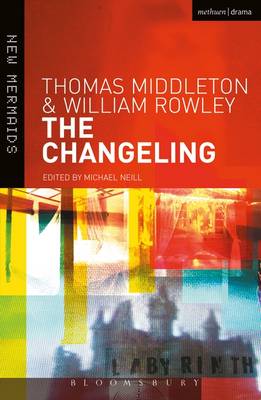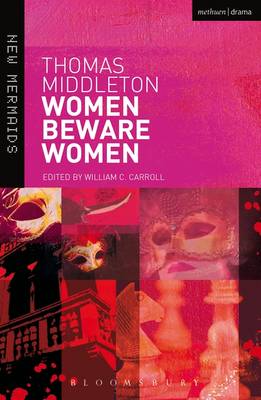Revels Plays Companion Library
3 total works
For many years Middleton's "A Game at Chess" was more notorious than read, considered rather a phenomenon of theatrical history than a pre-eminent piece of dramatic writing. "A Game at Chess" was a nine days' wonder, an exceptional play of King James' reign on account of its unprecedented representation of matters of state usually forbidden the stage. The King's Men performed the play uninterruptedly between 5th and 14th August, 1624 at their Globe Theatre, attracting large audiences, before the Privy Council closed the theatre by the King's command. More recently, growing interest in the connections of economics and politics with authorship have promoted readings that locate the play so firmly within its historical context as propaganda that, again, its worthwhile literary and theatrical qualities are neglected. In writing "A Game at Chess", Middleton employed the devices of the neoclassical comedy of intrigue within the matrix of the traditional oral play. What might have seemed old-fashioned allegory was rejuvenated by his adoption of the fashionable game of chess as the fiction within which the play was set.
The product of Middleton's experienced craftsmanship is at once deceptively simple and surprisingly complex.
The product of Middleton's experienced craftsmanship is at once deceptively simple and surprisingly complex.
Thomas Middleton (1580-1627), a bricklayer's son, rose to become one of the most eminent playwrights of the Jacobean period. Along with Ben Johnson he helped shape the dynamic course of drama in Renaissance England. His range is broad, as his work successfully covers comedy, tragedy, and history. Praised during his life as well as today, Middleton remains relevant and influential. The Changeling (1630) was composed with the aid of Middleton's friend William Rowley, also an established playwright. The drama tells of the destructive powers of vice and lust. Beatrice-Joanna is a young woman betrothed to Alonzo de Piracquo, yet Beatrice-Joanna is truly in love with another-the nobleman Alsemero. Beatrice-Joanna uses manipulative and violent means to rid herself of her suitor Alsemero. The ensuing drama results in a catastrophic tragedy, leaving only a few to contemplate justice and passion. The characters, style, and action of The Changeling effortlessly come together, making it one of the greatest tragedies of its time.
Thomas Middleton (1580-1627), a bricklayer's son, rose to become one of the most eminent playwrights of the Jacobean period. Along with Ben Johnson he helped shape the dynamic course of drama in Renaissance England. His range is broad, as his work successfully covers comedy, tragedy, and history. Praised during his life as well as today, Middleton remains relevant and influential. Set in opulent 17th century Italy, "Women Beware Women" (1657) is a dark tragedy in line with the trends of Jacobean drama. It is a tale of violence, malice, and love. The drama that unfolds in this Italian court creates a whirlwind of jealousy-leading to numerous plots of revenge and ultimate tragedy. Along with "The Changeling" (1653), "Women Beware Women" helps to form the apex of Middleton's later career.


